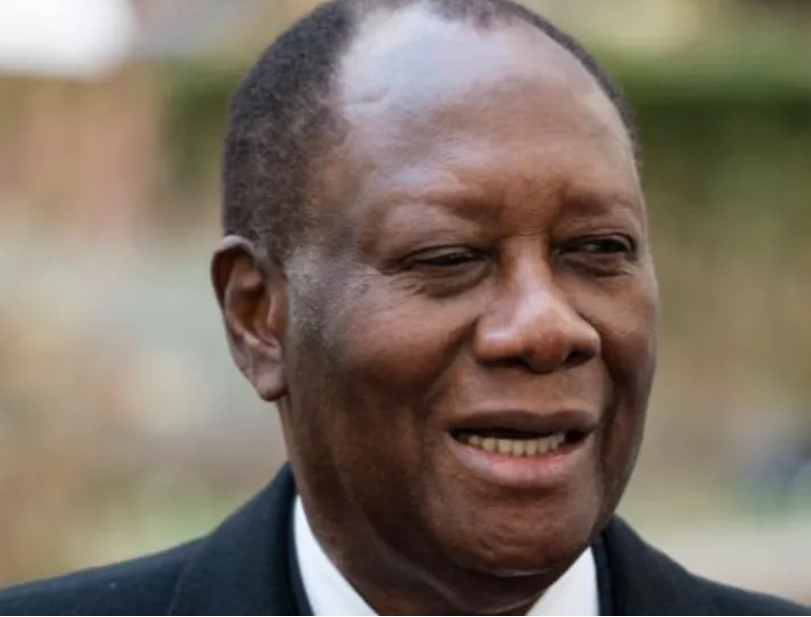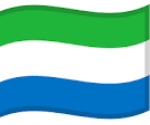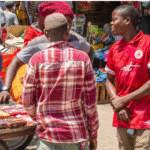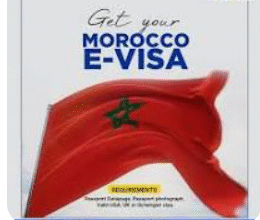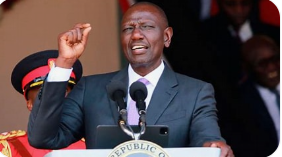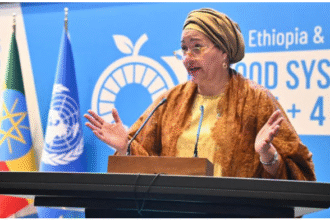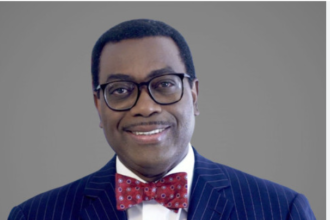By Lamin Guèye
Abidjan, Ivory Coast – At 83 years old, President Alassane Ouattara of Ivory Coast has declared his intention to seek a fourth term in office for the October 2025 election, a move that has swiftly ignited widespread criticisms and raised alarms over the nation’s democratic stability. This decision places Ivory Coast at risk of democratic disruption, drawing parallels to recent events in West African neighbors like Burkina Faso, Guinea, and Mali.
In a statement, the octogenarian leader asserted his health was not an impediment, framing his candidacy as essential to “preserve national stability amid ongoing security and economic challenges.” Ouattara defends his eligibility by arguing that a new constitution approved in 2016 effectively reset his previous two-term limit, allowing him to contest again. He is widely expected to be the frontrunner, particularly as several prominent potential challengers have already been excluded from the race.
This controversial bid has drawn immediate and fierce condemnation from the opposition. Former minister Tidjane Thiam, a prominent figure among the excluded candidates, swiftly denounced Ouattara’s decision. “Today’s announcement by Mr. Ouattara constitutes a violation of our Constitution and a new attack on democracy,” Thiam stated, adding, “The Ivorian people will continue to make their voices heard and show the world what we think of this situation.” Other high-profile figures barred from the presidential race include former President Laurent Gbagbo and ex-Prime Minister Guillaume Soro.
The move reverberates across a West African region grappling with democratic backsliding, where countries like Burkina Faso, Guinea, and Mali have recently witnessed military takeovers following similar perceived democratic disruptions by civilian leaders. In Ivory Coast, the timing of Ouattara’s announcement also coincided with authorities banning a peaceful protest planned for August 7, organized by opposition groups to demand the reinstatement of disqualified candidates and an independent audit of the voter list.
Tensions over candidate exclusion evoke grim memories of past electoral violence in Ivory Coast, including the devastating 2010-2011 conflict that claimed over 3,000 lives, and the unrest triggered by Ouattara’s controversial third-term bid in 2020.
A former banker, President Ouattara will undoubtedly lean on his strong economic record, with Ivory Coast having sustained over 6% economic growth for four consecutive years. However, this economic performance exists alongside widespread public disillusionment with the country’s political establishment.
With more than 8.7 million Ivorians registered to vote, civil society groups and religious leaders, including the Catholic Bishops’ Conference, have publicly expressed alarm at the escalating political polarization, highlighting the high stakes for the nation’s fragile democratic future.


